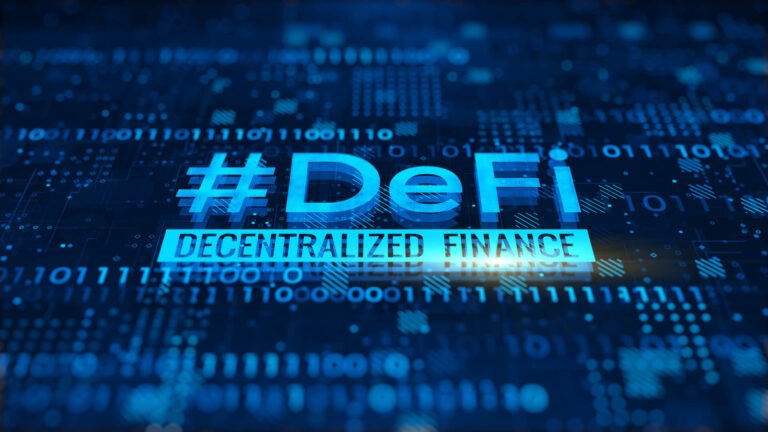DeFi Tax Regulations Lawsuit The DeFi Education Fund, an organization that promotes the cryptocurrency business, has sued the United States Internal Revenue Service (IRS) less than twenty-four hours after the release of its contentious tax structure. The DeFi Education Fund dubbed the policy a “midnight” rulemaking, despite the government supposedly having finished it months ago. In particular, the suit states that the tax office’s demand for DeFi platforms went beyond its statutory power.
Combating DeFi Tax Regulations
The new tax regulations that target the DeFi protocol allegedly violate the Administrative Procedure Act (APA), according to the lawsuit filed by the DeFi Education Fund. The public urged the US IRS not to proceed with the anticipated tax rules during the rule’s comment period, according to the Fund. The tax office, however, disregarded concerns that the regulations would impose an undue cost on the software development community.
The lawsuit asserts that unlawful compliance obligations burden software developers who design so-called ‘trading front-end services’. If this rule remains in place, it will stifle innovation and put a cost on American entrepreneurs, according to the DeFi Education Fund. The trading front-end service providers must record users’ transaction details using the new DeFi tax.
Users are encouraged to fill out Form 1099 for tax reporting purposes, and companies will be required to submit the details upon request to the IRS. Software developer ConsenSys’s lawyer, Bill Hughes, has previously foretold that litigation will accompany this rulemaking from the regulation. Even though community members increasingly support the cause, the outcome remains uncertain.
Difficult US Internal Revenue Service Regulations
The Crypto sector has long criticized the US Internal Revenue Service (IRS) for its demands, including those about the DeFi broker tax laws. The regulator has announced that cryptocurrency staking is taxable upon receipt, as previously reported by Coingape. Joshua Jarrett, an insider in the sector, sued the agency, and the revelation came out in the litigation.
In addition, the Digital Chamber has brought attention to several of the agency’s tax rules that raise privacy issues. If you ask the experts, the regulator is trying to implement its ideals before the new administration takes office. Everyone is waiting to see if Treasury Secretary nominee Scott Bessent will overturn these guidelines in light of the important cases recently hanging over the US IRS.
Summary
The recently implemented DeFi tax laws have prompted the DeFi Education Fund to sue the United States Internal Revenue Service (IRS), asserting that the regulations go beyond what is legally permissible and infringe upon the Administrative Procedure Act (APA). Potentially limiting innovation, the regulations impose compliance obligations on software developers and demand that trading front-end service providers provide customer transaction details. The IRS proceeded with the rules despite public protests, which drew heavy condemnation from the cryptocurrency sector. This case highlights the persistent privacy issues and difficulties with IRS laws; experts are already predicting possible policy shifts under the next administration.


